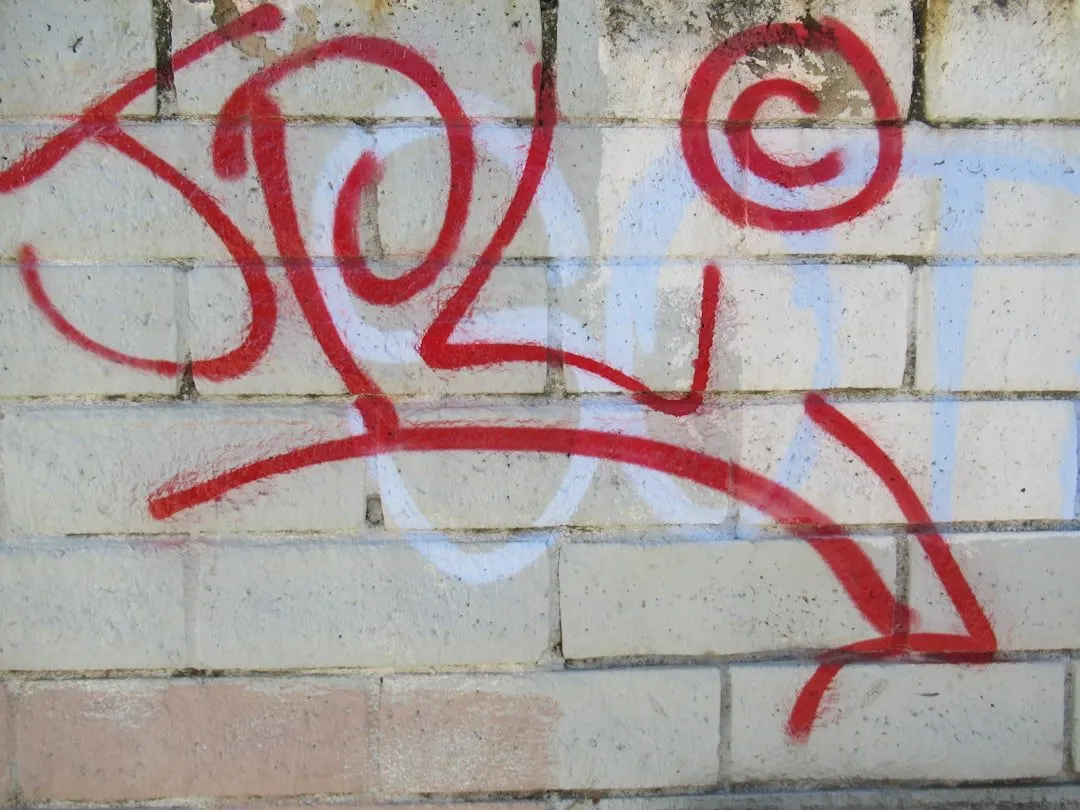Muscle soreness after exercise is linked to micro-tears in muscle fibers, leading to inflammation and growth. Herbal remedies like ginger, turmeric, chamomile, valerian root, and kava kava offer natural pain relief for opiate withdrawal symptoms, reducing muscle soreness without side effects. Personalized workout routines with gentle exercises combined with these herbs promote faster recovery during withdrawal.
Muscle soreness can be a lingering discomfort after intense exercise or physical activity. Understanding the causes behind this sensation is key to managing it effectively. This article explores tailored workout plans as a holistic approach to alleviating muscle soreness, focusing on the benefits of herbal remedies and their potential in recovery.
Learn how to create personalized routines that target specific muscle groups, combining gentle exercises with natural treatments, offering an alternative solution for those seeking relief from post-workout pain, even considering the context of opiate withdrawal where Herbal Remedies For Opiate Withdrawal can be explored as a safe option.
- Understanding Muscle Soreness and Its Causes
- The Role of Herbal Remedies in Relief
- Crafting Personalized Workout Routines for Recovery
Understanding Muscle Soreness and Its Causes

Muscle soreness is a common issue experienced by individuals after intense physical activity or exercise, often referred to as Delayed Onset Muscle Soreness (DOMS). It is characterized by discomfort and tightness in the affected muscles, typically peaking 24-72 hours post-exercise. Understanding the causes of muscle soreness is key to developing effective strategies for relief.
The primary culprit behind DOMS is micro-tears in muscle fibers during strenuous workouts or activities that are new to the body. These tiny tears cause inflammation and trigger a cascade of chemical reactions, resulting in the sensation of soreness and stiffness. While it might feel unpleasant, this process is actually a sign of muscular adaptation and growth. Interestingly, certain herbal remedies, such as those used for opiate withdrawal, have been explored for their potential anti-inflammatory properties, offering a natural approach to soothing muscle discomfort.
The Role of Herbal Remedies in Relief

Herbal remedies have long been used as natural pain relievers, and they can play a significant role in managing muscle soreness. While opiate withdrawal is a serious medical condition that requires professional treatment, certain herbal medications can offer some relief from associated aches and pains. For instance, ingredients like ginger, turmeric, and chamomile are well-documented for their anti-inflammatory and analgesic properties, helping to reduce swelling and ease discomfort without the side effects of pharmaceutical drugs.
Some herbal remedies even address specific symptoms of opiate withdrawal, such as anxiety and insomnia. Valerian root, for example, is a popular natural sedative that can aid in improving sleep quality, while kava kava has been used traditionally to reduce stress and anxiety levels. Combining these herbs with targeted exercises and other holistic practices can create a comprehensive approach to muscle soreness relief during the withdrawal process, promoting overall well-being and faster recovery.
Crafting Personalized Workout Routines for Recovery

Crafting personalized workout routines for recovery is a holistic approach to addressing muscle soreness and promoting overall well-being, especially during opiate withdrawal. Unlike one-size-fits-all strategies, tailored workouts consider individual needs, physical limitations, and specific pain points. This method involves assessing factors like current fitness level, the severity of muscle discomfort, and any underlying health conditions.
By incorporating gentle yet effective exercises, such as stretching, yoga, or light aerobic activities, these routines aim to stimulate blood flow without causing further strain. The goal is not just to alleviate symptoms but also to empower individuals with tools for long-term self-care, potentially combining natural herbal remedies like valerian root or kava kava to complement the therapeutic effects of movement.
In conclusion, alleviating muscle soreness effectively involves a multifaceted approach. By understanding the root causes, incorporating personalized workout plans, and leveraging herbal remedies like those often used in opiate withdrawal management, individuals can achieve significant relief. This tailored combination ensures not only short-term comfort but also promotes long-term muscular health and recovery.














